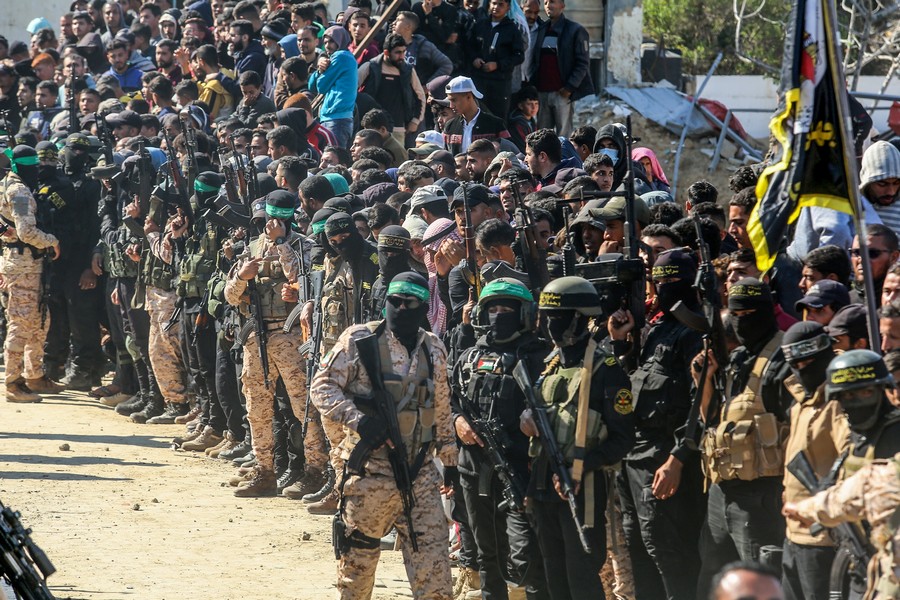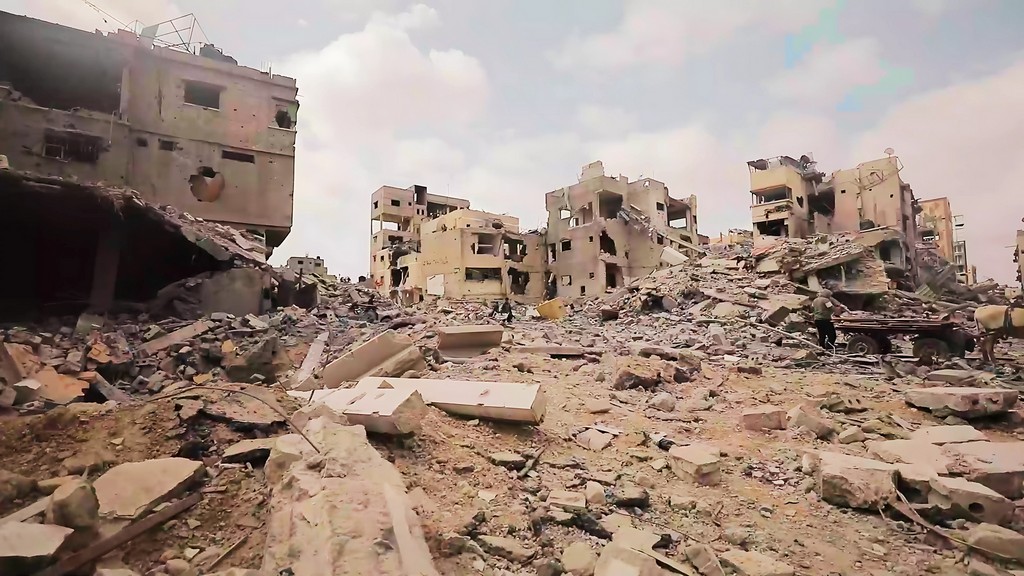PRIOR TO October 7, 2023, most people – Jews and Israelis included – believed that atrocities like the ones perpetrated were an unimaginable nightmare.
Now we are all a little wiser. This means that any physical rebuilding of the Gaza Strip must rest on the following three essential pillars:
First, Hamas and other terror groups must be disarmed, their terror tunnels destroyed, and a new educational system firmly established.
Second, the world – and especially the US – must work to curb Qatar’s influence, as it remains the leading state sponsor of Muslim Brotherhood radical ideology worldwide.
Third, there must be an end to all forms of indoctrination and incitement against US, Israel, Jews, and other minorities in Egypt, Jordan, and the West Bank.
In today’s interconnected world, hate knows no borders. Even if Gaza undergoes major reform and rebuilding, genuine and enduring change will remain elusive so long as that hatred continues to spread across the region.
Disarming Hamas
Without the full disarmament of Hamas – a condition outlined in President Donald Trump’s 20-point Gaza ceasefire deal – the situation would remain perilous, not only for Israelis or for Gazans but also for any external forces tasked with managing the territory’s rehabilitation.
Simply asking Hamas or other terror groups in Gaza to lay down their weapons is futile. Terrorists simply do not do such things – even if they say they do. Rather, Hamas must be forcefully disarmed by the only military force able and willing to do so: the IDF.
The terror group’s network of tunnels must also be completely neutralized. It serves no other purpose than to allow murderous terrorists to murder again.
The most crucial step toward lasting reform in Gaza is ending indoctrination in schools, media, mosques, and politics throughout the Arab world.
Only once these steps are completed can outside forces safely enter the Gaza Strip to begin the next phase: overhauling Gaza’s educational system. Newer schools must be physically rebuilt. This will be the cornerstone of de-radicalizing an intensely indoctrinated population.
Gazans unwilling to wait for this essential “cleaning process” should be invited to emigrate. The rest should be granted access to an educational model similar to that of the United Arab Emirates, which has reformed its education to promote tolerance and progress.
If the economic lure of rebuilding Gaza tempts investors to overlook the need to disarm Hamas, eliminate its tunnels, and establish a UAE-style educational framework, the entire effort will be nothing more than yet another expensive exercise in futility.
Without these foundational changes, Gaza’s reconstruction will again be reduced to rubble the next time Hamas or another extremist faction attacks Israel.
Weakening Qatar
Another vital step before the “day after” in Gaza is confronting Qatar’s duplicity.
Since October 7, Doha’s role has become unmistakably clear. Its funding of the Muslim Brotherhood’s radical ideology and its influence within the West can no longer be ignored.
This should compel Washington to reconsider rewarding Qatar with military protection or the presence of American bases.
Although relocating American forces from Qatar is costly, maintaining a military presence there will, over time, prove far more expensive – particularly in human lives.
Western governments must also take legislative measures to limit Doha’s reach. They should outlaw the Muslim Brotherhood as many Arab and Muslim states have already done.
Additionally, laws must be enacted to ensure full transparency regarding Qatari funding of Western institutions and individuals.
End to indoctrination
The final and perhaps most crucial step toward lasting reform in Gaza is ending indoctrination in schools, media, mosques, and politics throughout the Arab world.
The amount of hatred expressed in Egypt, Jordan, and the West Bank is staggering. Without putting an end to such rhetoric, no meaningful reconstruction of Gaza can succeed.
After a brutal two-year war with immense human suffering and loss of life, we stand at a crossroads – a rare opportunity to effect genuine change in Gaza and across the region.
Instead of rushing into another shallow, temporary arrangement, leaders must seize this moment to craft a new and lasting legacy.
Published in The Jerusalem Post, November 19, 2025.

